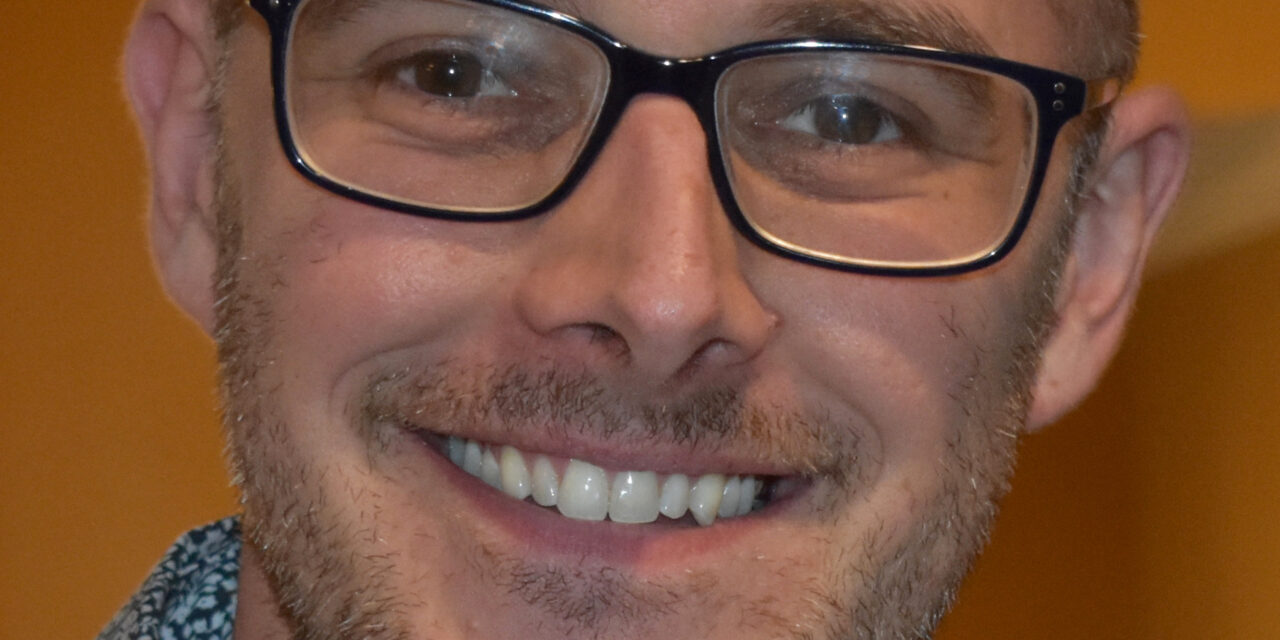By Rabbi Adam Scheldt
Some people collect stamps, or figurines, or shoes. I collect stories. And one of the many blessings of my job as Director of Spiritual Care at Hospice & Palliative Care Buffalo is hearing the many heart-touching stories that people share with me.
Several years ago, I received a phone call from an old friend, Carl, who was in his 90s. Despite being gruff, he had a heart of gold, and laughter was always a hallmark of our conversations. This time, however, his tone was far more thoughtful and introspective. He invited me to tea for a conversation that he wanted to have with his family.
When I arrived a week later, we got no further than a couple steps into his home before he turned, looked me square in the eyes, and said, “I want to have a good death.” I was a little taken aback, and simply replied, “Ok.” He nodded with an air of determination, and we continued toward the kitchen where tea was already waiting.
As we took our seats, I asked him what a good death looked like to him. I remember clearly how his gruff exterior melted away as he looked at me and said, “I don’t want to leave anything undone. I want to be peaceful, satisfied, and I want the same for my family.”
Having lost his wife several years before, Carl’s mortality was justifiably on his mind, and while it was tough, he wanted to be realistic about his future. He also knew that he needed to share his hopes and plans with his children — who he knew would ultimately be responsible for arrangements when the time came.
The conversation wasn’t easy. I was there to articulate thoughts and soften the emotion of it all. It was certainly not a comfortable conversation for his children — or Carl — to experience. And in the end, everyone left with a good deal to process.
A few years later Carl was enrolled in hospice care. His children and I found ourselves reunited. This time, however, they expressed to me how deeply grateful they were for our initial conversation. As difficult as it was the first time around, in the moment of his passing, they realized what a blessing it was to have faced things earlier. His son, who was equally as gruff as Carl, even called that original talk over tea “a gift.”
We often avoid talking about death. For most of us, any thought of it feels like anathema to our lives. And to be sure, it is. To nearly all of us, life feels normal — death does not. And yet, time and time again, those individuals and families that muster the courage to face difficult conversations always emerge feeling greater peace and blessing. It is an investment not only in the practicalities of life, but also an investment of loving kindness for the people that mean the most to us. These courageous conversations are then transformed it into a gift.
Rabbi Adam Scheldt is the Director of Pastoral Care at Hospice & Palliative Care Buffalo.












